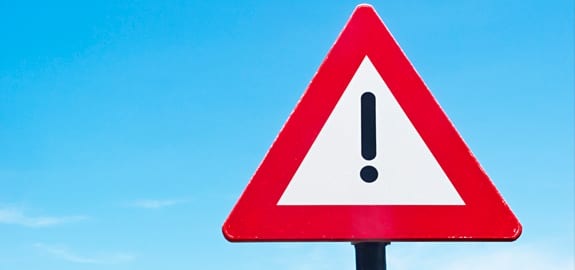Unless you’ve been living under a rock you’ll be aware that legislation has recently been passed that will increase the responsibility of businesses, directors, managers and workers to manage health & safety at work. This legislation is expected to come into force early in 2016.
Increased enforcement
Alongside the new law, WorksafeNZ is increasing its enforcement activity, which could increase the potential for prosecution if a substantial breach is identified. Although the Health & Safety at Work Act specifically states that you can’t insure for health & safety fines, you are able to get insurance for the legal costs of defending yourself if you’re prosecuted for a breach of the law.
Higher reparations
In addition to the new health & safety laws, the passing of the Sentencing Amendment Act 2014 has extended the ability of judges to award reparation to meet any shortfall in a victim’s ACC compensation. This will result in potentially larger reparations and more expensive defence costs. Before these changes an injured party may have faced a shortfall in what they received from ACC. Shortfalls can arise for a number of reasons:
- ACC only pays 80% of the injured person’s lost income
- ACC payments are capped at a maximum of roughly $1,850 per week
- A person’s ACC benefits are calculated on their prior year’s income, and if this was unusually low (perhaps due to a slow patch or because their income had been split to minimise tax) it could also affect their compensation
Now judges can require that defendants pay reparations to close any gap. Imagine having to pay as a lump sum 20% of a person’s salary for the rest of their lives if they’re permanently injured. The legislation also means claimants will be able to recover medical bills and loss of benefits.
Unfortunately, it’s a reality that sometimes, despite your best efforts, accidents can happen.
Insurance is available
Known as statutory liability insurance, it provides protection for:
- the legal defense costs associated with breaches of legislation, including the Building Act, Consumer Guarantees Act, Fair Trading Act, Resource Management Act and Health & Safety at Work Act
- the costs of an investigation or inquiry, including those by a statutory registration body (such as the EWR, PGD or LBP boards)
- fines or penalties you may be required to pay under these acts (except for health & safety fines)
- most policies also cover reparations awarded by a judge in a criminal prosecution
Despite all the precautions and health & safety plans you may have in place, sometimes accidents happen. If you’re prosecuted, having statutory liability insurance could save you thousands of dollars.

